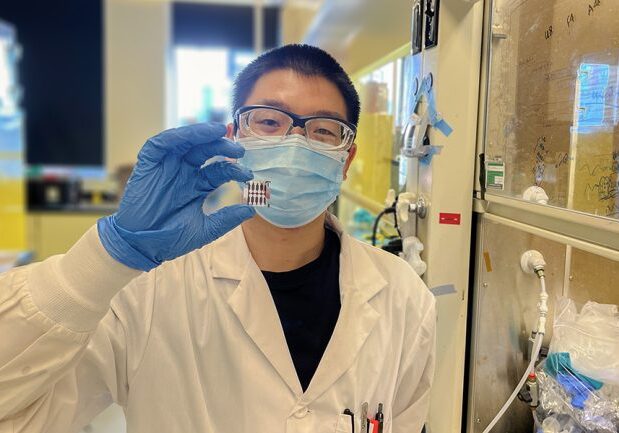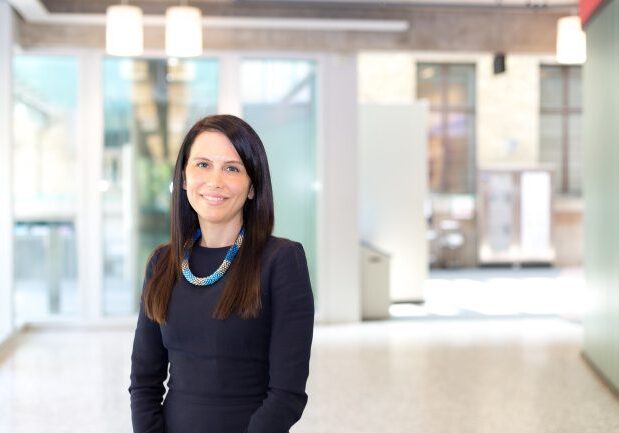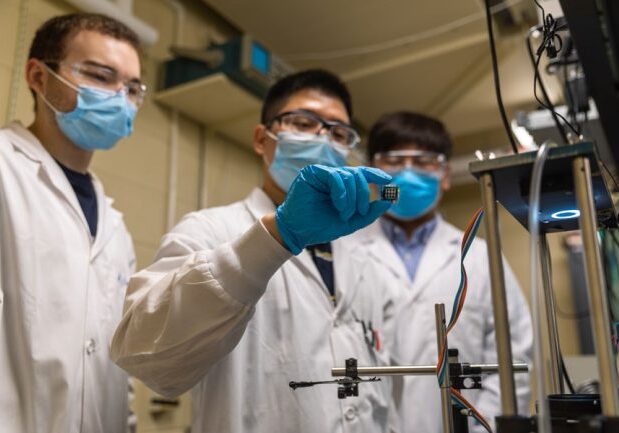
International research collaboration produces all-perovskite tandem solar cell with high efficiency, record voltage
Emerging solar technology could overcome key limitations inherent to today’s industry standard silicon-based photovoltaics
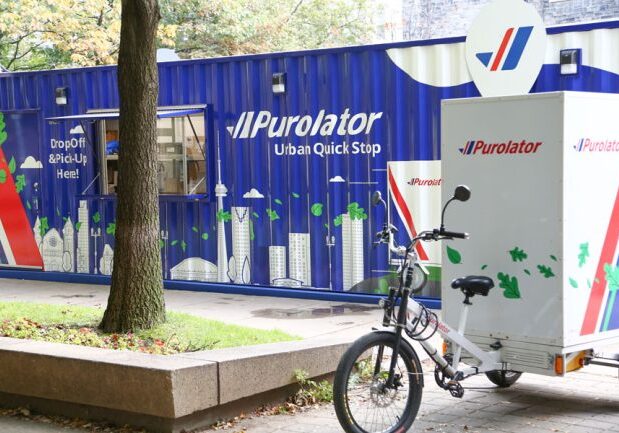
Urban Quick Stop provides a living laboratory to study the challenges of last-mile delivery
A multidisciplinary collaboration between academia, industry and government will explore the potential of new modes of transport, such as zero-emission e-bikes, to reduce emissions, traffic congestion and more
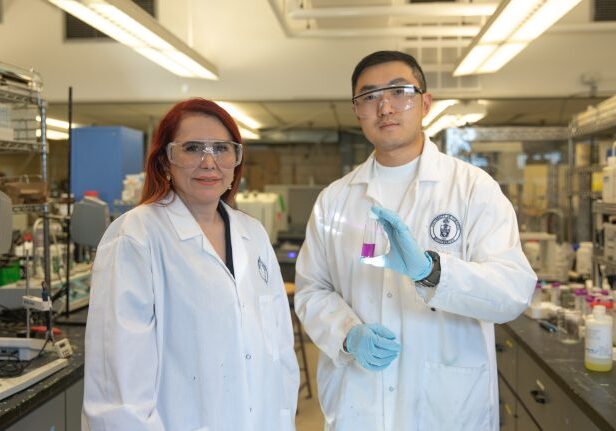
This new, more sustainable method for recycling lithium-ion batteries could help meet electric vehicle demand
U of T Engineering researchers are using supercritical carbon dioxide to recover lithium, cobalt, nickel and manganese from end-of-life lithium-ion batteries
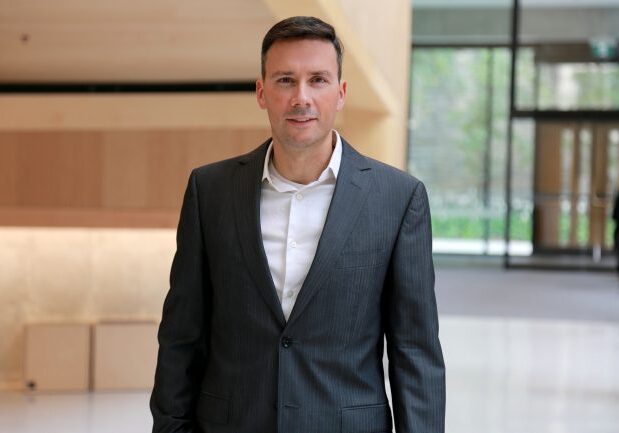
Professor David Sinton elected to the Royal Society of Canada
Fellowship in the RSC is one of the highest honours a Canadian scholar can achieve
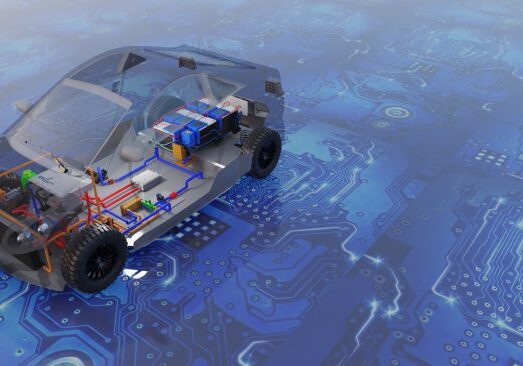
New CREATE grant powers training and innovation in thermal management to enhance performance of electric vehicles and battery systems
Multidisciplinary team led by Alumni Distinguished Professor Cristina Amon (MIE) includes 10 professors and 21 industry, academia, and government collaborators from across Canada and international
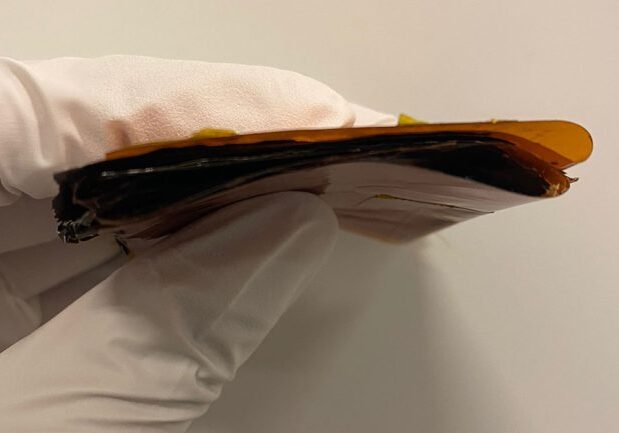
Wood-derived prototype could lead to self-powered biosensors
Biodegradable device uses lignin-containing nanomaterials to create electrical energy from movement

U of T Engineering researchers use machine learning to enhance environmental monitoring of microplastics
More accurate measurements are critical to preventing microplastics from entering the environment — or removing those that are already there

